Melvyn Douglas
Biography
Born April 5, 1901 in Macon, Georgia, USA
Died August 4, 1981 in New York City, New York, USA (pneumonia and cardiac complications)
Birth Name Melvyn Edouard Hesselberg
Height 6' 1½" (1.87 m)
Mini Bio (1)
Two-time Oscar-winner Melvyn Douglas was one of America's finest actors. In addition to his two Oscars, he also won a Tony Award and an Emmy. Douglas would enjoy cinema immortality if for no other reason than his being the man who made Greta Garbo laugh in Ernst Lubitsch's classic comedy Ninotchka (1939), but he was much, much more.
Melvyn Douglas was born Melvyn Edouard Hesselberg on April 5, 1901, in Macon, Georgia. His father, Edouard Gregory Hesselberg, a noted concert pianist and composer, was a Latvian Jewish emigrant, from Riga. His mother, Lena Priscilla (Shackelford), from Clark Furnace, Tennessee, was from a family with deep roots in the United States, and the daughter of Col. George Taliaferro Shackelford. Melvyn's father supported his family by teaching music at university-based conservatories. Melvyn dropped out of high school to pursue his dream of becoming an actor.
He made his Broadway debut in the drama "A Free Soul " at the Playhouse Theatre on January 12, 1928, playing the role of a raffish gangster (a part that would later make Clark Gable's career when the play was adapted to the screen as A Free Soul (1931) ). "A Free Soul" was a modest success, running for 100 performances. His next three plays were flops: "Back Here" and "Now-a-Days" each lasted one week, while "Recapture" lasted all of three before closing. He was much luckier with his next play, "Tonight or Never," which opened on November 18, 1930, at legendary producer David Belasco's theater. Not only did the play run for 232 performances, but Douglas met the woman who would be his wife of nearly 50 years: his co-star, Helen Gahagan. They were married in 1931.
Spouse (2)
Helen Gahagan (5 April 1931 - 28 June 1980) ( her death) ( 2 children)
Rosalind Hightower (30 September 1925 - 29 August 1927) ( divorced) ( 1 child)
Trade Mark (1)
He often played smooth characters with a strong sense of humor
Trivia (16)
In 1967, he became the fifth performer to win the triple crown of acting. Oscar: Best Supporting Actor, Hud (1963) & Best Supporting Actor, Being There (1979), Tony: Best Actor-Play, The Best Man (1960), and Emmy: Best Actor-Drama, CBS Playhouse: Do Not Go Gentle Into That Good Night (1967) .
He is the grandfather of Illeana Douglas.
He had two children with second wife, Helen Gahagan: a son named Peter (b. 1933) and daughter Mary Helen (b. 1938).
He had one son with his first wife, Rosalind, named Melvyn Gregory Hesselberg (b. January 28, 1926).
He won Broadway's 1960 Tony Award as Best Actor (Dramatic) for "The Best Man.".
According to the March 31, 1941, issue of Time magazine, Douglas and Edward G. Robinson, who were both Democratic activists, bid $3,200 for the fedora hat that 'Franklin Delano Roosevelt' had worn during his three successful campaigns for the presidency. They acquired the hat at a special Hollywood auction to benefit the Motion Picture Relief Fund. Douglas was active in liberal and progressive political causes in the 1930s and 1940s, which led to charges being leveled against him of being a Communist and/or a "fellow traveler" by far-right-wing Republicans during the McCarthy "Red Scare" era of the 1950s. Douglas' wife, Helen Gahagan Douglas, would later be elected to the US House of Representatives as a Democrat from California, but was defeated in her 1950 bid for the U.S. Senate by Republican Congressman Richard Nixon, who derisively called her "The Pink Lady" for what he termed her "leftist" leanings. President John F. Kennedy would appoint her Treasurer of the United States in 1961. When Ronald Reagan was elected US President in 1980, Douglas said that his former friend (who changed from a liberal Democrat to an extremely conservative Republican) had begun to believe the speeches he delivered for General Electric Co. when he was the host of General Electric Theater (1953),an anthology series sponsored by the company for which Reagan, in addition to acting, also did the commercials.
His biography is in: "The Scribner Encyclopedia of American Lives". Volume One, 1981-1985, pages 240-242. New York: Charles Scribner's Sons, 1998.
He had two grandsons from son Gregory, named Stefan and Erik.
He had six grandchildren when he died.
He was the brother of George Douglas.
He is one of nine actors to have won the Triple Crown of Acting (an Oscar, Emmy and Tony); the others in chronological order are Thomas Mitchell, Paul Scofield, Jack Albertson, Jason Robards, Jeremy Irons, Al Pacino, Geoffrey Rush and Christopher Plummer.
Son of Lena Priscilla (Shackelford) and Edouard Gregory Hesselberg. His father, a Jewish emigrant from Riga, Latvia, was a prominent concert pianist and composer, who taught at the Toronto Conservatory of Music and encouraged his son to be a musician. Melvyn's mother, born in Tennessee, was the daughter of a Union Army Officer, and was descended from Mayflower passengers. She wanted him to take up law.
He played a Presidential candidate in Gore Vidal's play, and, years later, Vidal (who was not normally very complimentary about actors) remarked that he would have made a fine President in real life.
He did not attend The 52nd Annual Academy Awards (1980) ceremony, where he won the Best Supporting Actor Oscar for Being There (1979), because he could not bear competing against eight year-old Justin Henry.
The renowned British broadcaster and intellectual Melvyn Bragg was named after Douglas by his mother.
Douglas was sworn in as chief of the Arts Council, Office of Civilian Defense, by Miss Eileen Lusby, of the Emergency Management Personnel, in Washington, D.C., on 7 February 1942. (Associated Press, "Movie Actor Douglas in O.C.D.,", The San Bernardino Daily Sun, San Bernardino, California, Sunday 8 February 1942, Volume 48, page 17.).
On August 5, 2019, he was honored with a day of his film work during the Turner Classic Movies Summer Under the Stars.
Personal Quotes (6)
The Hollywood roles I did were boring; I was soon fed up with them. It's true they gave me a worldwide reputation I could trade on, but they also typed me as a one-dimensional, non-serious actor.
[on Being There (1979)] So much of what I had been thinking about in the recent past led me straight to that make-believe movie death scene. When it was completed, the sound stage full of people, perhaps forty or more, burst into emotional applause. I was startled. Hal [director Hal Ashby] told me later that I had made a little clicking sound in my throat, a "death rattle", which everyone "knew", whether they had heard such a sound or not. Was I playing my own death, the death that is in me, in spite of myself? Could be.
[on his Jewish background] I did not learn about the non-Christian part of my heritage until my early teens. This had its own very special effect.
Your word is your bond.
[on his aunts] I admired them unstintingly and modeled myself on them to some extent, I think - and they in turn came to treat me like a son.
Don't make excuses and don't talk about it. Do it.
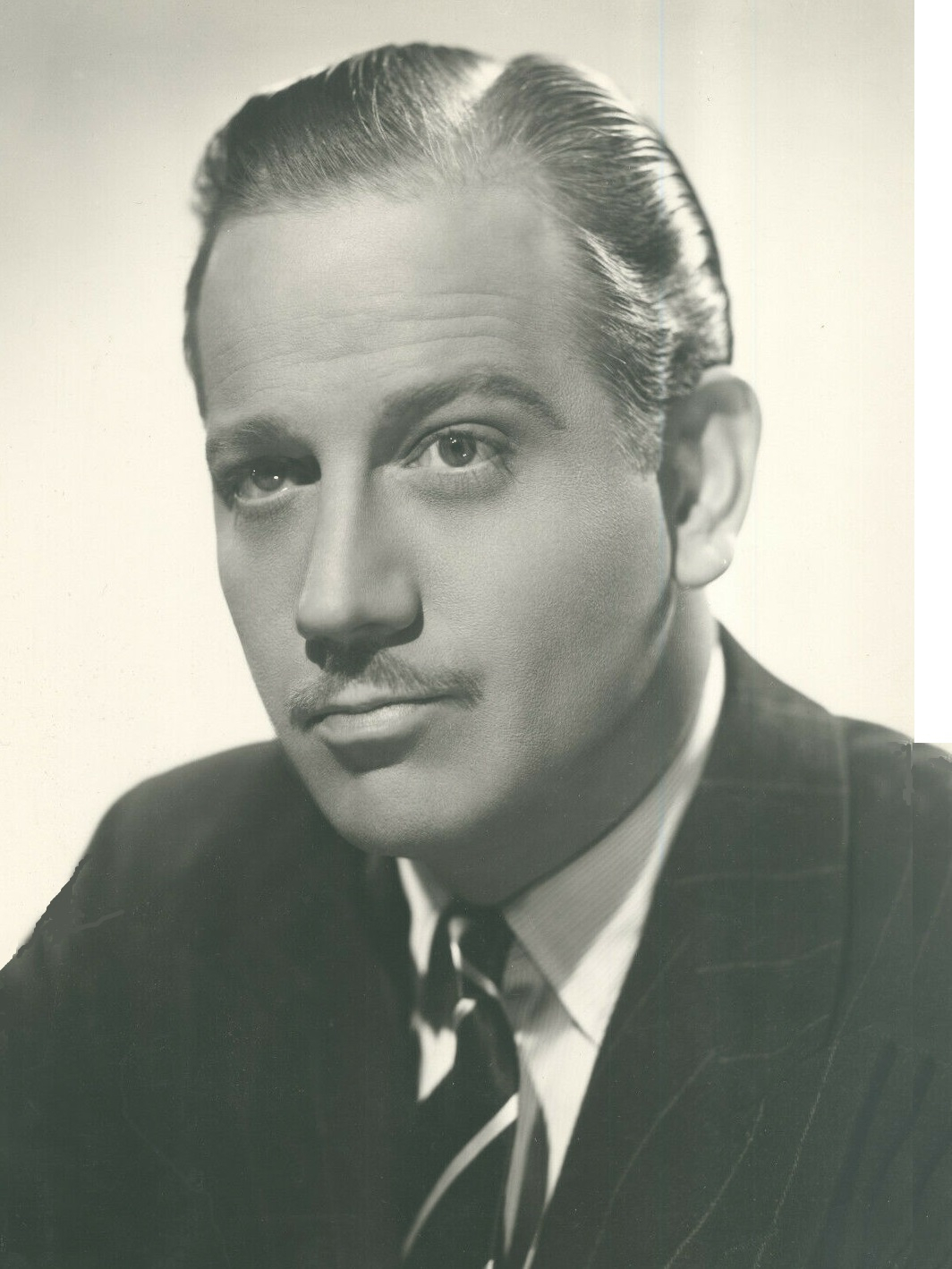
 Amanda S. Stevenson
Amanda S. Stevenson 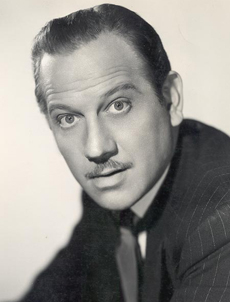
 Amanda S. Stevenson
Amanda S. Stevenson 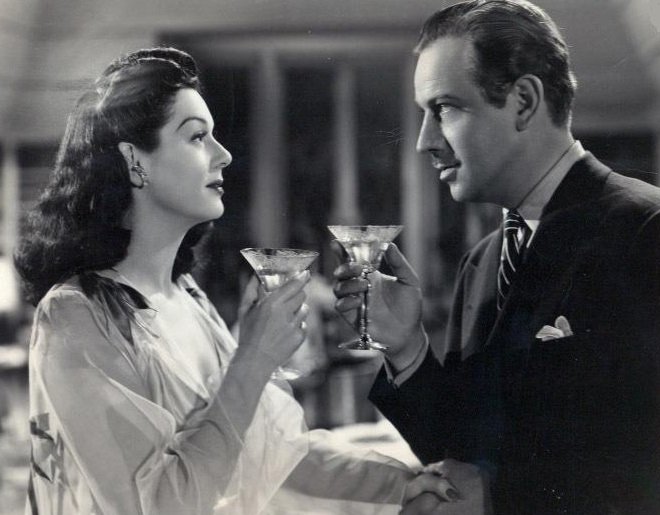
 Amanda S. Stevenson
Amanda S. Stevenson 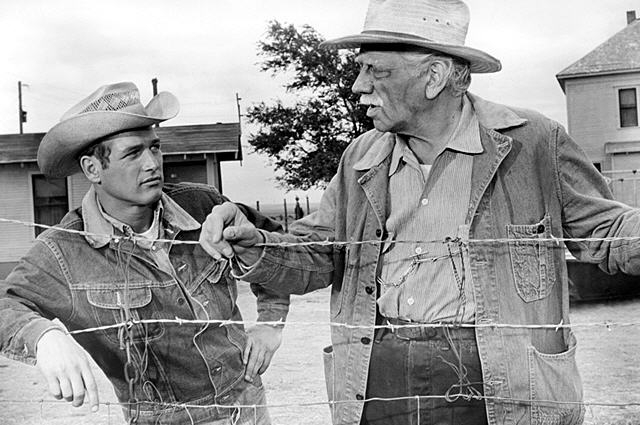
 Amanda S. Stevenson
Amanda S. Stevenson 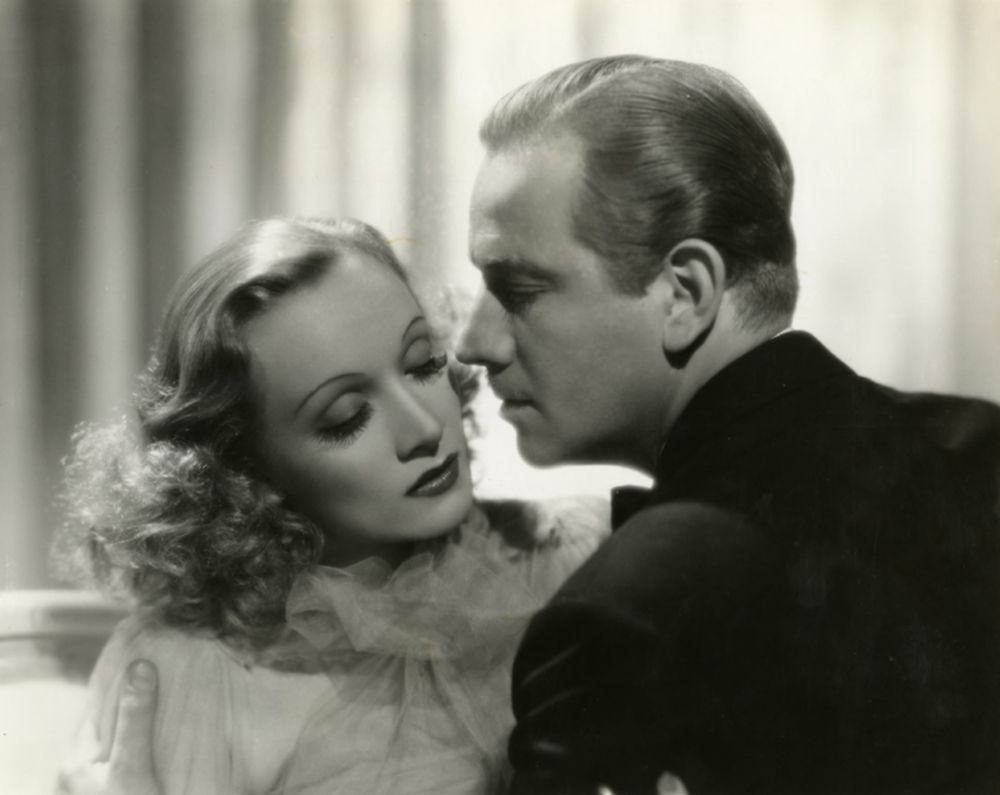
 Amanda S. Stevenson
Amanda S. Stevenson 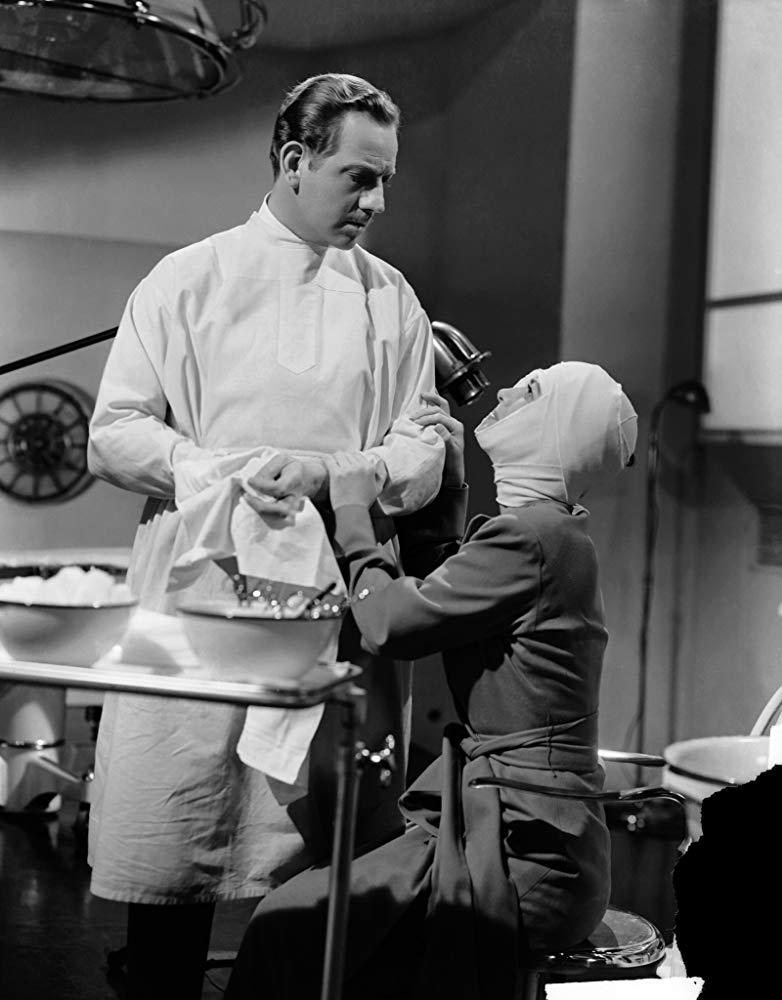
 Amanda S. Stevenson
Amanda S. Stevenson 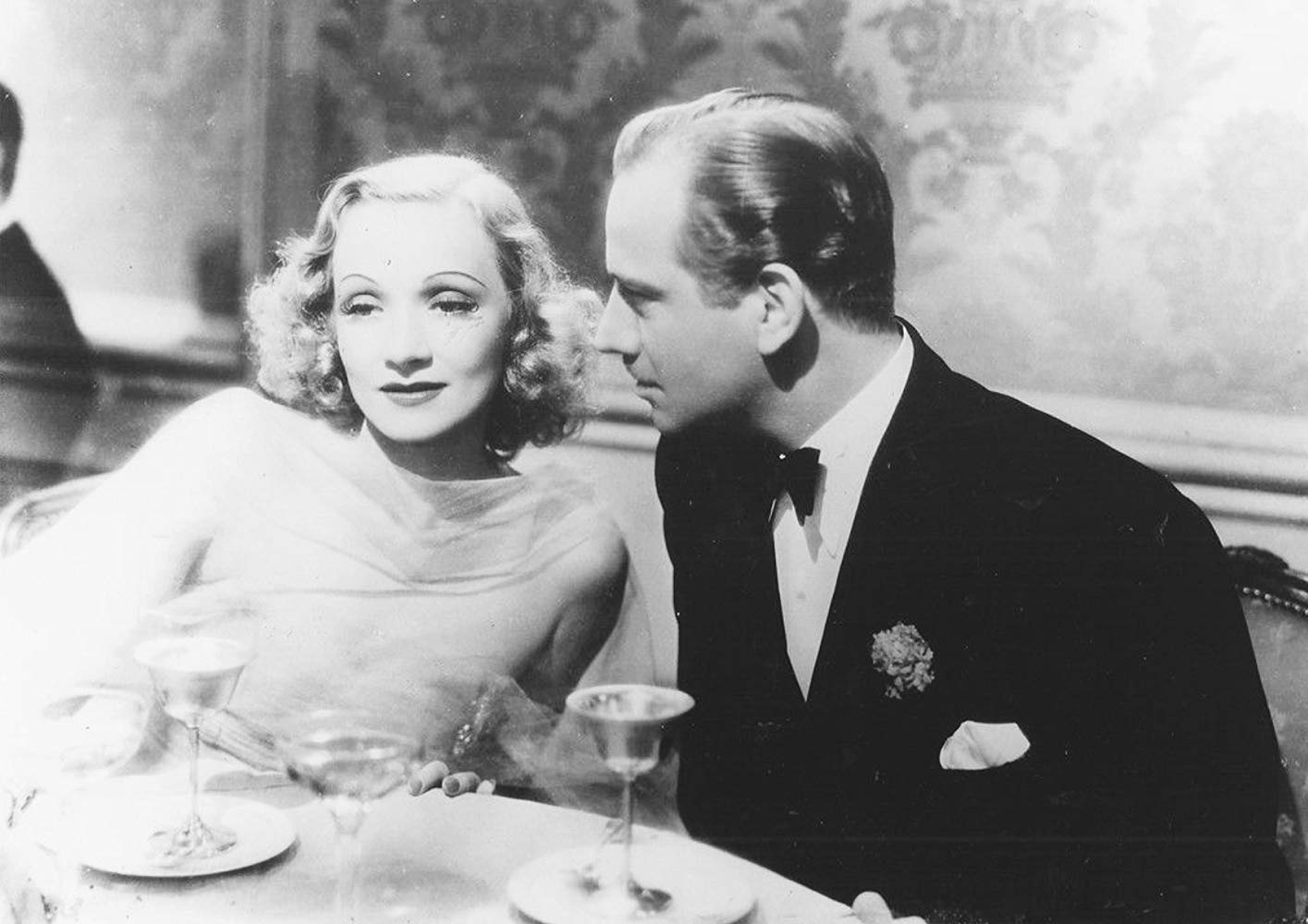
 Amanda S. Stevenson
Amanda S. Stevenson 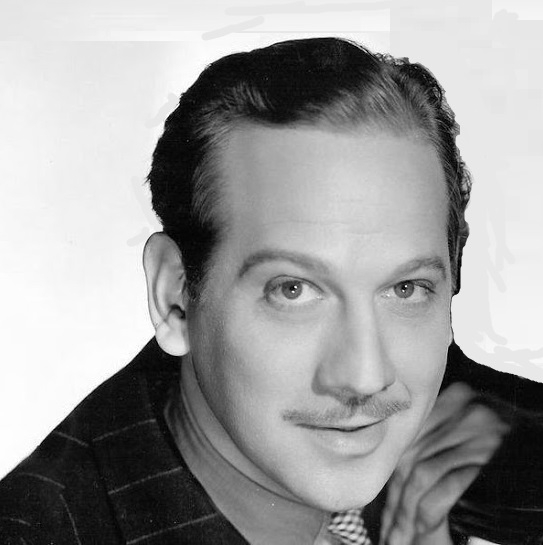
 Amanda S. Stevenson
Amanda S. Stevenson 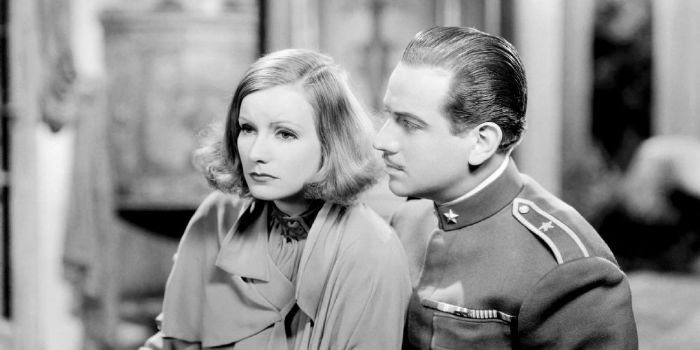
 Amanda S. Stevenson
Amanda S. Stevenson 